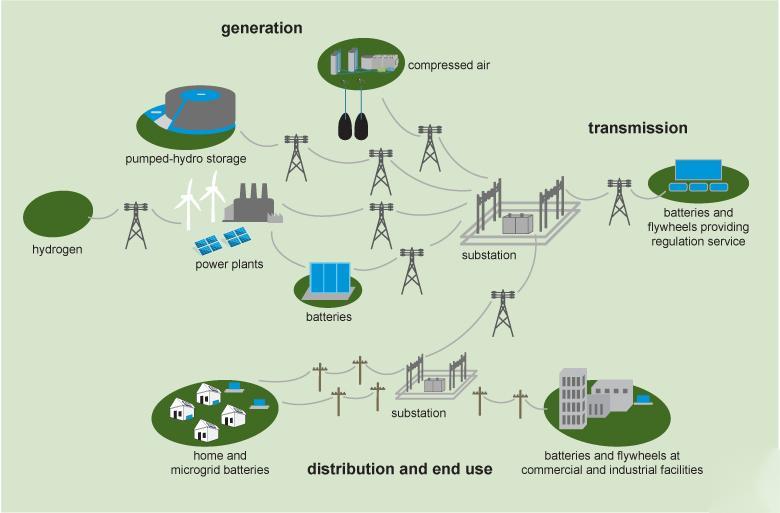
Nov . 08, 2024 11:39 Back to list
Efficient Energy Storage Solutions for Renewable Power Conversion and Management Strategies
Energy Storage Converters Bridging the Gap Between Generation and Consumption
As the world transitions towards renewable energy sources, the demand for efficient energy storage systems is becoming increasingly vital. Energy storage converters play a crucial role in this scenario, enabling the effective management of energy generated from renewable sources such as solar and wind. This article will explore the importance of energy storage converters, their functionality, applications, and the future of energy storage technologies.
Understanding Energy Storage Converters
Energy storage converters are devices that facilitate the conversion and management of energy between different forms and systems. They typically include technologies such as batteries, supercapacitors, and flywheels, integrated with power electronics to control the flow of electricity. These converters enable the storage of excess energy generated during periods of high production and release it during times of high demand, thus balancing energy supply and consumption.
The primary function of energy storage converters is to bridge the gap between intermittent energy generation and continuous energy usage. For instance, solar panels produce energy during the day, but energy consumption often peaks in the evening. Energy storage converters allow for the capture and storage of this energy, making it available when needed most, thereby enhancing the reliability of renewable energy sources.
Types of Energy Storage Technologies
1. Batteries Lithium-ion batteries are the most common type of energy storage used today. They are highly efficient, scalable, and have a relatively low cost per kilowatt-hour. Emerging technologies, such as solid-state batteries, promise even greater energy density and safety.
2. Supercapacitors Known for their ability to charge and discharge rapidly, supercapacitors are ideal for applications requiring quick bursts of energy. They are often used in conjunction with batteries to provide immediate power support.
3. Flywheels These mechanical devices store energy as kinetic energy. They can rapidly absorb and release energy, making them suitable for balancing loads and providing grid frequency stabilization.
4. Pumped Hydro Storage This traditional technology uses gravitational potential energy to store large amounts of energy. Water is pumped uphill to a reservoir when energy is abundant and released to generate electricity when needed.
5. Thermal Energy Storage By storing heat instead of electricity, this method can effectively manage energy loads. This includes technologies like molten salt systems used in concentrated solar power (CSP) plants.
energy storage converter

Applications of Energy Storage Converters
Energy storage converters find application across various sectors
- Grid Stability They help maintain the equilibrium between supply and demand on electrical grids, preventing outages and ensuring consistent energy delivery.
- Renewable Energy Integration As the share of renewables in the energy mix increases, storage solutions allow for greater integration by smoothing out production fluctuations.
- Electric Vehicles (EVs) Energy storage is fundamental in EVs, where efficient batteries not only power the vehicle but also contribute to regenerative braking systems that enhance energy efficiency.
- Microgrids For remote or off-grid communities, energy storage converters enable the development of microgrids that can independently manage their energy supply and demand.
The Future of Energy Storage Technology
The future of energy storage technology seems promising, with ongoing research and development aimed at improving efficiency, reducing costs, and increasing the lifespan of storage solutions. Innovations such as solid-state batteries, flow batteries, and advancements in hydrogen storage technologies hold the potential for transformative changes in the energy landscape.
As the global community strives to meet climate goals, the role of energy storage converters will be pivotal in facilitating a stable transition to a sustainable energy economy. Through enhanced energy storage solutions, we can unlock the full potential of renewable energy resources, paving the way for a greener and more resilient future.
In conclusion, energy storage converters are indispensable in modern energy systems, allowing us to take full advantage of renewable energy while ensuring reliability and stability. As technologies evolve, these converters will continue to enhance our capability to manage energy efficiently, ultimately leading to a more sustainable global energy paradigm.
-
AI-Powered EMS with GPT-4-Turbo | Efficiency Boost
NewsAug.01,2025
-
Optimized Storage System for GPT-4-Turbo | High Performance
NewsJul.31,2025
-
AI Energy Management System w/ GPT-4 Turbo Efficiency
NewsJul.31,2025
-
High-Performance Energy Storage System for Reliable Power Solutions
NewsJul.30,2025
-
Advanced EMS Solutions for Energy Management System & Storage Battery Companies
NewsJul.29,2025
-
Intelligent Energy Management for Homes - Efficient Storage Solutions
NewsJul.29,2025























